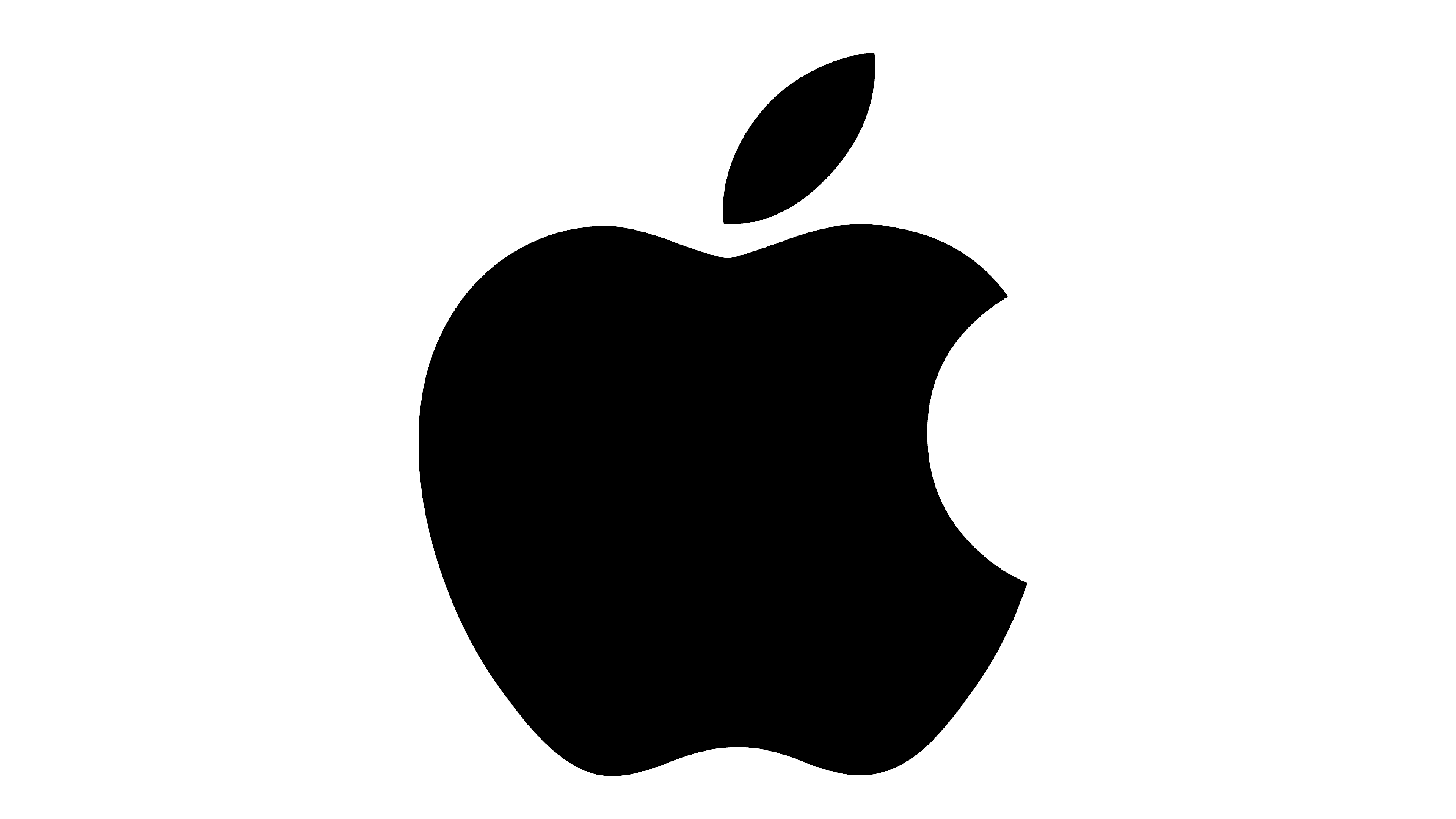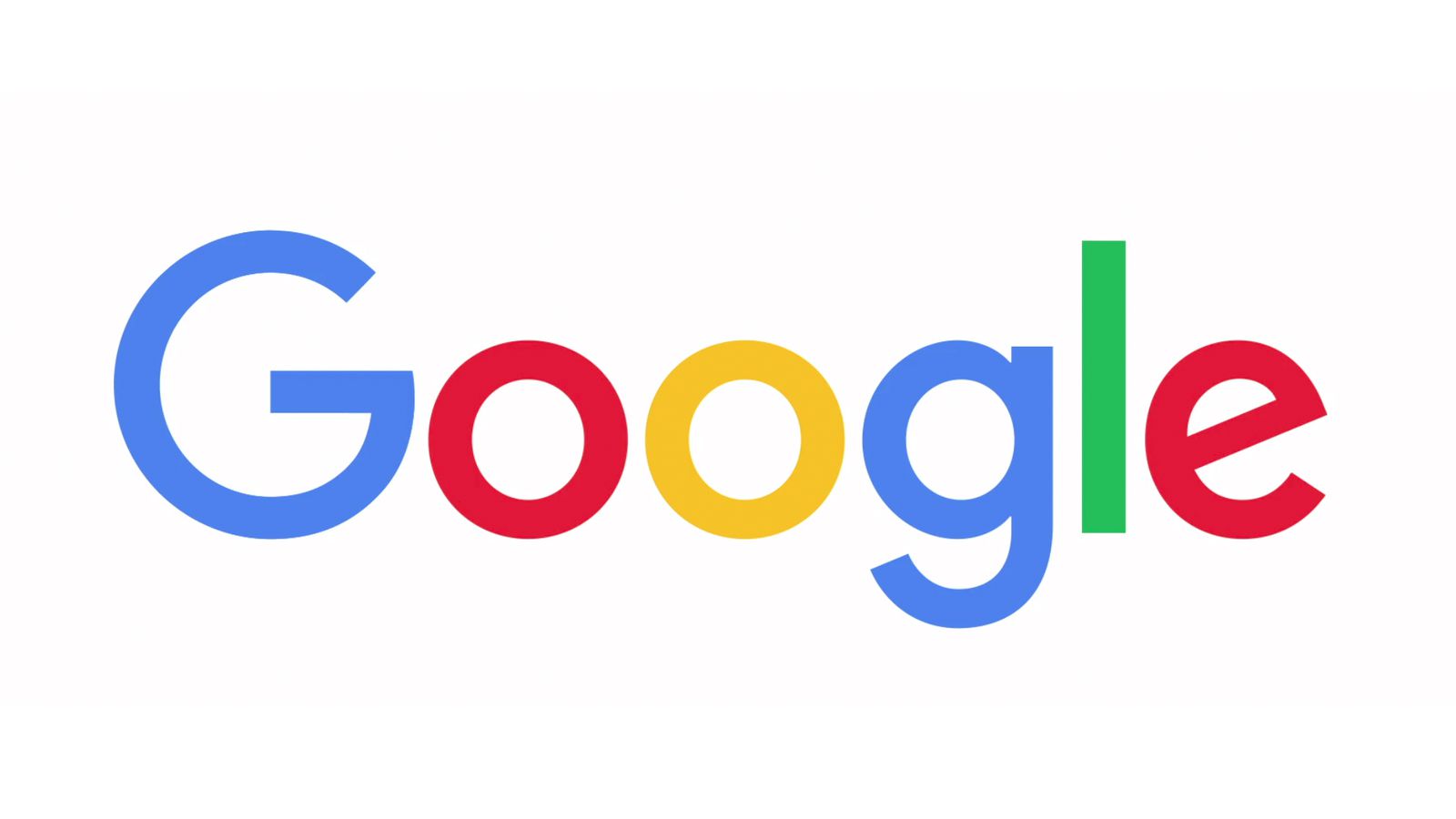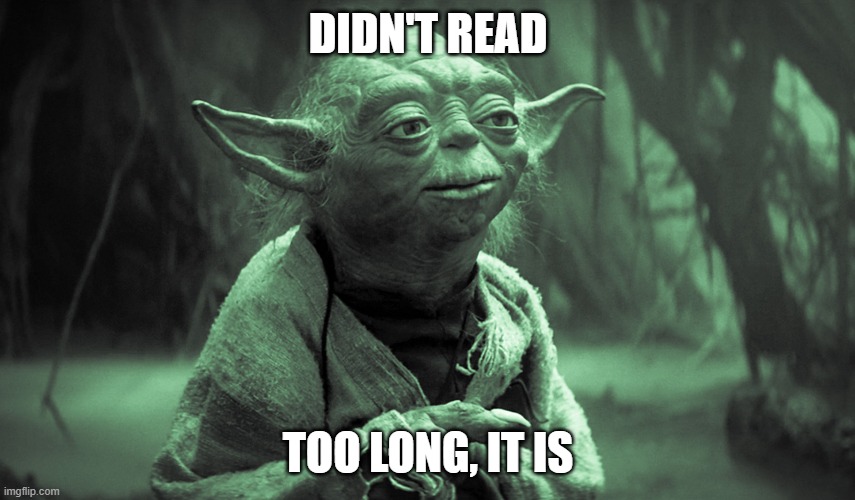thicc_girls_are_teh_best
Member
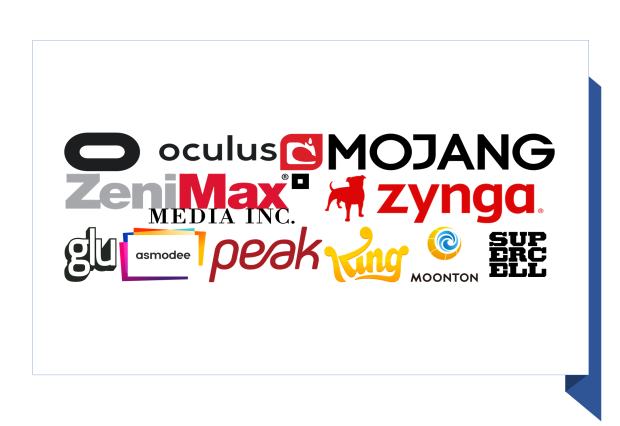
So NGL, but lately the topic of industry consolidation through mass acquisitions has been bugging me. I think, in light of some of the more recent ones, and rumors of yet more, I've had a lot to think about, and want to share that in this thread. I'll break it down in not just generally speaking, but also the key players involved in this sweep of big buying & spending. I won't say I'm 100% for or against acquisitions, because there is too much nuance involved, but some of the things to be said might surprise you.
[GENERAL]
I've made it a point to not overtly speculate on acquisitions as if I were treating it like some dream sports draft pick or whatnot. One of the reasons for that is because, with how charged the environment of discussion around acquisitions has become along console lines, any such speculation, I feel, naturally invites more console warring, even if that is not the intent. Unfortunately while there are some people who can have those discussions responsibly, there are a lot of others who seemingly can't.
Another reason I tend to avoid speculating overtly on acquisitions (when I say overtly, I mean in just randomly throwing names out there, hyping them up, off of the flimsiest of rumors from sketchiest of sources, etc.), is because I don't want to feel like I'm signaling to these companies that I, as a customer, approve of mass acquisitions & consolidation outright. To hell with what the CEOs say; I don't care if they are in the market to buy more. What I know is that those purchases of theirs could have ramifications on my choice as a customer in the open market, because that very same open market would be shrinking, in structure if not absolute terms. I was actually trying to make this argument earlier with other posters but they didn't seem to want to see it from this POV, which is unfortunate (but understandable).
Now I know there are some benefits to these acquisitions, as well. The chief one being that the company being acquired, doesn't have to rely anymore on doing fundraising rounds (for investor money, like we've just seen Epic do recently) or take out banking loans (which come with varying rates of interest to pay back on top of the loans themselves). Both of those things can be very difficult for their own reasons, so having those burdens removed can be a boon, potentially. For companies being acquired that are public (or were public), it also removes the pressure from needing to constantly increase results (in ways increasingly unrealistic) for shareholders. That now becomes the responsibility of the company making the purchase...if it is publicly-traded, anyway. And of course, there is the other benefit of vertical integration within a larger corporate entity structure, which breaks down barriers WRT accessing tech resources, labor resources, and other financial resources for approved projects.
But as great as all that is...ultimately those are speaking to the benefits of the company being acquired...and that doesn't "automatically" trickle down to me as a gamer. In fact, it may not at all. Don't even get me started on the benefits these acquisitions bring to the purchasers, as those should be very obvious (plus they've been mentioned almost predominantly in all discussions about these acquisitions). Yet again, though, that's a benefit to the company, not myself as a gamer or a customer. When I started thinking about this more from that perspective, and then looked towards acquisitions in other entertainment media to see if certain ideas held up as actually transpiring, it in fact ended up neutralizing a decent bit of my general optimistic outlook WRT these things.
That general optimistic outlook, of course, being that realistically speaking, it makes zero sense to hope & wish these acquisitions fall through once they're officially announced, or actively look at the way they could fail upon officiation confirmed, just because it's by a company or platform holder I don't prefer. That's another type of extreme IMO and it won't do anything but just make you more upset, so I try to think of how the acquisitions are ultimately beneficial. My mistake, though, was thinking of that more along the lines of the company making the acquisition, and even the one being acquired, well in advance of my own self as a gamer and customer of these products! So as mentioned above, when I took that into consideration, the reality is..some of these acquisitions FEEL like they could be a lot less beneficial for me than others, depending on who makes the buy, and when.
And with that, now let's look at the specific players, because this is where a lot of the nuance comes into the picture.
[THE PLAYERS]
**Generally from least impactful to most impactful, but don't take it literally**
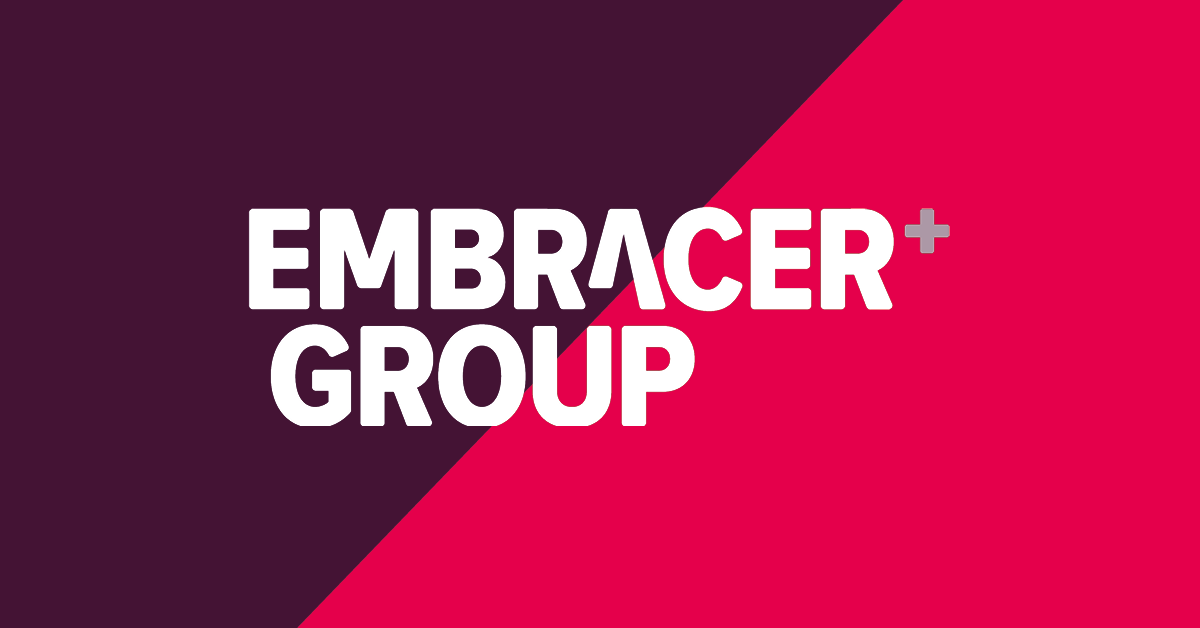
[EMBRACER GROUP]
**Generally from least impactful to most impactful, but don't take it literally**

[EMBRACER GROUP]
So let's start off with the companies I feel have the least impact on me as a customer (if not as a gamer, but that perspective would be even more subjective), when it comes to acquisitions. Embracer Group has been b u s y buying up quite a few companies and IP, but there's a definite pattern to what they buy and how. Virtually all of their purchases have been mid-tier studios at best when it comes to size & valuation, and the IP they have acquired through them, for the most part, aren't really "massive" in comparison to, say, COD, GTA, Street Fighter, Tekken, Mario, Smash, Sonic, etc. Some of them can be considered sleeper hits, in a sense, but nothing that really jumps out and grabs your attention as a console gamer outside of arguably Warhammer (and that's mainly due to it's presence in the tabletop RPG scene, less so the video games).
That said, there is a VERY distinct differentiating factor for Embracer and (albeit less so) the next company to be mentioned, why I generally consider them to have the least impact on me as a customer (and potentially as a gamer) in spite of how much they've purchased. The simple fact is, a company like Embracer Group doesn't offer ANY proprietary, self-owned, centralized digital gaming marketplace service OR gaming console hardware as a platform. The reason this is significant is simple: since they don't offer those things, they are 100% reliant on supporting the open market as it currently exists, insofar as existing digital gaming marketplaces and console hardware. This means they have to remain genuinely 3P as a publisher in order to maximize their revenues and profits, so it behooves them to support as many platform ecosystems as possible. In doing that, they are a representation of a fully open, free market.
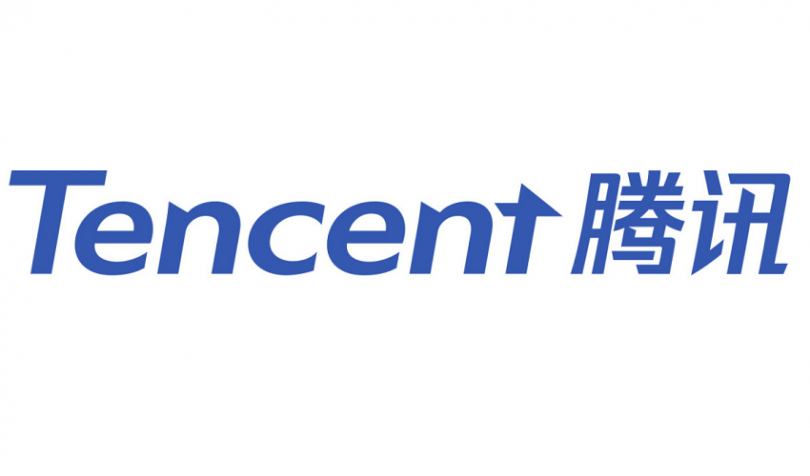
[TENCENT]
This one is probably more controversial, for several reasons. I commonly see some people including content creators, use Tencent as a boogeyman to rally support behind other big companies to buy a studio or publisher because "You wouldn't want scary Tencent to buy them!" or stuff like that. And, yes, Tencent has a LOT of issues; I don't particularly like them as a company, they have active involvement in China's arguably oppressive social-credit system, allegedly (in some instances, more substantiated in others) have backwards/ discriminatory viewpoints on certain groups of people (at least in ways where they can "suggest" certain product decisions based on them), and even have some direct ties to CPC (Communist Party of China) members to some percentage of board members...
...but are they really that different from a lot of other big tech companies, if you actually think about it? Well, going by historical evidence and modern, recent incidents,..no, not really. Working with governments in order to implement types of social data tracking, monetization, and monitoring? Almost all of the big tech companies here in America have done that with agencies like the NSA and FBI, and in more ways than one, still do. They also continue to make contracts with government divisions like medical and military to provide products (both hardware and software), of which the government uses taxpayer money to pay for those contracts. Backwards/discriminatory viewpoints of certain groups? We're still seeing that today (behind-closed-doors race & gender discrimination cases in offices & factories, mean-spirited marketing singling out supposed "privileged" people, etc.), and various smokescreens (i.e virtue signaling) to complement it. It goes on and on, so can we really hold those against a company like Tencent when almost all other big tech companies have varying amounts and types of similar issues?
Aside that, and more to the point of this topic, Tencent shares more in common with Embracer Group's strategy than some think. Like Embracer Group, they don't really have a digital marketplace or console hardware to leverage their acquisitions unto in order to change the structure of the free market and leverage for market share. This means that Tencent is almost completely reliant on maximizing their revenue & profit within the market as it currently stands, supporting all available options rather than bringing out competing options of their own (and using assets of the open market they've purchased as leverage to gain market share for those competing options).
Even beyond that, Tencent's strategy has not actually relied much on outright buying studios or publishers. Yes, they've done a bit of that, but they mainly like to buy majority shares in other companies. From what little I understand on this, if individuals can gift shares they have in a company to another person, if the same can be had between individuals within corporations then it should theoretically be possible for employees to minority shareholders to receive shares from employees of majority shareholders, which would reflect the shares of their respective companies. There might be some other ways around this too but they look somewhat difficult just glancing at them.
It makes Tencent's strategy more on the devious side, but not one that can't be dealt with. Additionally, they only appear to be a majority shareholder in very few of the companies they own shares in. Epic, for example, is not a company where Tencent is a majority shareholder as they have "only" 40% of shares (majority shareholder requires you to have 51% or more shares). They still have a lot of influence on business activity of Epic, of course, but not in the ways a majority shareholder would.
All that said, I hope this shines a light more on Tencent's strategy when it comes to being a player in this acquisition game; their presence does have more of an impact on me as a customer and as a gamer, might have more of an impact than most or all of the other companies to follow, but ultimately they are on the lower end of things. They mostly operate as a representation of a full, open free market (just less so than Embracer Group).

[BLACK ROCK]**
Never heard of these guys before? Well, they're an investment group, somewhat like Embracer. However, they are LITERALLY everywhere and have at least some small level of investment in a range of companies you would never even suspect. Though I'm actually being slightly disingenuous; Black Rock doesn't "invest" in the way Embracer or Tencent do. Instead they provide funds and portfolios for a large variety of clients, while Black Rock itself invests in things like equities, money market instruments, & fixed incomes (just pulling this quickly off Google).
Those clients of theirs just also happen to be a metric ton of companies on the planet, in fact Black Rock the largest investment firm on Earth so...yeah. They have their hands involved in probably anything and everything you can think of, one way or another. But at least, for now, they have no interest in making game studio or publisher acquisitions, so this is the extent of their presence in this topic.
Now we're going to get a bit more "controversial", because everyone else here technically violates a term preventing them from being a full-on representation of a fully open, free market: they all have either some type of proprietary digital gaming marketplace, physical gaming console hardware, or both, in which acquisitions can be used as leverage to drive market share for those products. And, in doing so, they end up affecting the structure of the open market, in some cases absolutely.
**These guys aren't really one of the players in this acquisitions game, but I wanted to put their name out there so more are aware of them in general. It's kind of wild stuff tbh.

[SONY]
I'm going to start here with saying that, there are some myths about Sony's past when it comes to acquisitions that still hold on, unfortunately. Some people like to think Sony only recently started making gaming acquisitions in response to Microsoft buying Zenimax; this is factually not true. In fact, Sony made an acquisition as far back as 1993/1994, when they acquired Psynosis for their game developer talents as well as to help with the PS1 SDK (they helped make the tools for it). And technically, Psygnosis were a 3P developer who, over time, stopped making games for other platforms to focus mainly on Sony's PS1...though they did support other platforms a good while after acquisition, and even some seminal PS1 hits of theirs like Wipeout saw ports not just to Saturn & N64, but even the PC. So in a way, Sony had always toyed with some (albeit limited) form of multiplatform support, just in a way where their own console was clearly prioritized above other options...something I think we'll see continue into the future and with even more brand delineation (Bungie, for example, will handle publishing of their own games on Xbox platforms, rather than Sony being the publisher, etc.).
That brings us to current time, then. How does knowing the above shape my opinion on Sony making acquisition affecting me as a customer & gamer? Well, let's see. I'm not necessarily a PC gaming guy, so the fact they don't plan on doing Day 1 PC releases (at least for the non live-service games) doesn't actually affect me in either sense. I can see how it affects people who DO game on PC, but Sony's chief acquisitions that involve PC-centric teams and IP...haven't actually changed a single dynamic there! Nixxes was a porting house for bringing games to PC, and their role under Sony is to serve in the same capacity, so PC gamers can't claim they're losing access to ports, not necessarily. Yes, they can claim that theoretically speaking, they're losing access to Nixxes as a porting house to other 3P console releases that Nixxes otherwise would've done before, but in reality that argument doesn't hold because SO many more developers and doing ports of their games to PC themselves versus even 10 years ago, let alone during 7th-gen, 6th-gen etc. You could almost say that Nixxes' role in that capacity was becoming redundant, and their being acquired by Sony will bring more games to PC gamers that they wouldn't have gotten otherwise.
Bungie, of course, have the Destiny series, and one thing Sony came right out and said at time of acquisition announcement, was that Destiny would remain multiplatform, as well as future Bungie releases. No double-speak, nothing. Just outright confirmation on that side of the topic. So, PC and Xbox gamers can't complain they're losing access to Destiny, because they aren't. They can't even complain they are losing access to future Bungie releases, because those will remain multiplatform as well (at least the ones planned to be), and by the nature of the live-service games Bungie do, they more or less HAVE to be on all available platforms Day 1. That's another concern washed under the bridge, and so in terms of at least maintaining the status quote, nothing's lost.
So that takes us to their other acquisitions, and there's a consistent theme with all of them: they are either companies that Sony have almost exclusively worked with for years if not decades (Insomniac), or are upstarts with no established IP but a lot of industry talent (Haven, Firesprite etc.). In other words, they've focused on purchasing teams that they have a lot of common corporate culture with and have either helped foster talent and resource-wise through years of investments & guidance, or are looking to do that with going forward. That isn't to say other companies haven't had this mentality with their own acquisitions, but the pattern is a bit more consistent and discernable when it comes to Sony. That, and outside of Psygnosis & Bungie, they haven't really purchased a publisher, and certainly not a "massive" one (i.e one holding several major IP, huge income streams and large workforces).
Then I look at what results Sony have managed to accomplish with their acquisitions; the easy go-to here would be Insomniac. In the span of just two years, they've managed to bring out not just Spiderman: Miles Morales, but also Rachet & Clank: Rift Apart, and have also revealed Spiderman 2 and Wolverine, the former potentially coming as soon as 2023, and Wolverine not much further behind. These guys are a workhorse and also very consistent in their high quality, and that says a lot about them. There are other examples like Housemarque, where we've seen what Sony's talents and resources have helped foster in games like Returnal, elevating the status of that studio along the way and giving gamers content we otherwise likely would not have received, certainly not in such a timely manner. We've seen what results studios like Blue Point have been able to provide, as well, with Demon's Souls Remake, which again might be the type of game that would not have come to market otherwise.
While I'm a bit mum on the prospects of Sony acquiring companies like Ubisoft, WB, Capcom, Sega etc., I can at least see and believe in very optimistic results given the results we have already seen between several of Sony's prior acquisitions in products they have been a part of from the very beginning through completion, not just with funding but also creative support and guidance. I can more readily believe in the idea of new Castlevania that otherwise would not have been made, at a level of quality it might not've had otherwise, if Sony are the sort of company making that type of acquisition. And, since I'm primarily a console gamer, and such a game would be one with strong heritage to consoles (and handhelds) primarily (yes I know about the MSX Castlevania games and PC ports but those were never Day 1 things or even handled by Konami internally in some cases), then in general my gaming options expand in such a scenario, even if it results in a structural change of the open market and a company potentially being removed as an independent in the industry. There is still value being provided to me as a gamer (a game I'd want which otherwise might not have been made, at a high quality) and customer (it is something I want to buy, and willing to justify the cost of which to buy), so it's a net gain.
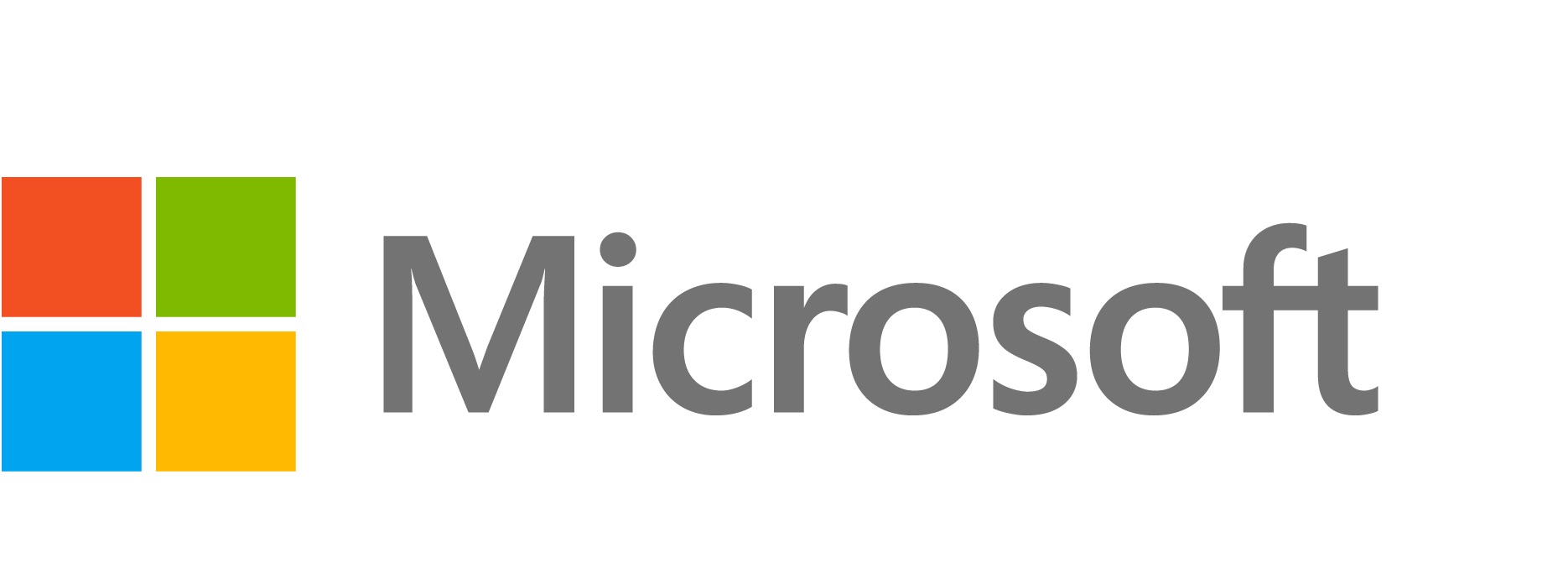
[MICROSOFT]
Similarly, there've been some myths about the nature of at least some of Microsoft's gaming acquisitions that could probably be clarified. There's an idea that every single one of their purchases have been with companies they have no prior history with, but this isn't true at all. They did acquire Playground Games, but only after working with them for a while on the Forza Horizon series, and now they've seemingly proven themselves enough to get a shot at the Fable IP. Even Zenimax, or more specifically Bethesda, have a long history with Microsoft that goes back to the early 1990s, then into the 2000s when Microsoft helped fund Bethesda so that they could not only continue operations (helping lead to them making Morrowind for the OG Xbox), but also eventually start up Zenimax itself.
There's also a misconception that Microsoft have only shut down acquired studios or let them falter. While it's true that Microsoft has arguably utilized its collection of IP less effectively than, say, a Sony or Nintendo, they aren't the only ones who have shut teams down or misused IP. Sony have closed several internal studios over the years, from Liverpool to Evolution and even recently somewhat Japan Studio (this one is arguable though, since Team Asobi has a majority of Japan Studio's staff). They've also arguably not leveraged certain IP like Killzone, Syphon Filter, or even smaller ones like Legend of Dragoon as much as they could've, though that could be changing. Nintendo has had people asking for the longest time where a new F-Zero is at, since the last entry was on the Gamecube, and not even fully handled by them, but rather a SEGA developer (it's also considered the best installment in the series, FWIW). It also took them a very long time to bring back dormant IP like Kid Icarus, and some people to this day consider them selling Rare to be a big mistake.
That said, just objectively speaking, the scale of Microsoft's studio and IP mismanagement, at least historically, is at a different (i.e worst) level compared to Sony or especially Nintendo. Let's go right back to Rare; they've managed to have a couple (literally a couple) of good hits since MS purchased them 21 years ago, in Viva Pinata and Sea of Thieves, but the former is no longer active and the latter doesn't feel like "classic" Rare for a lot of fans. Outside of that are a ton of IP of theirs which have either been badly mismanaged (Perfect Dark), or effectively dead from dormancy (Jet Force Gemini, Battletoads until the recent game which was very divisive and not done by Rare themselves, etc.). Even the new Perfect Dark is not being handled by them, but rather The Initiative (who have seemingly had their own issues) and Crystal Dynamics, which still feels like something of an odd choice.
Then you have 343i. These guys, quite frankly, haven't been able to handle the Halo IP as they should've, from the moment they got their hands on it. Maybe it's due to upper management, or bad workplace culture, or lack of talent in key areas, or some mixture of the three, but they've taken an IP which by all accounts should still be THE leader of the FPS market by clear example (sales, player engagement, game design etc.) and turned it into a husk of its former glorious self. Nothing they have planned for Halo Infinite in the near future looks to reverse that trend, merely stave off any further decline, and before people come saying "but the gameplay is great!". Yes, that's a universal sentiment, the gunplay is great, but there's less to do with it in Infinite than almost any previous mainline Halo game, and several traditional modes are just outright missing. These may not be problems exclusively due to going GaaS live-service, but games like Halo Infinite don't help fight against that stigma, they reinforce it.
There are other examples, too, like potentially big games such as Scalebound and Phantom Dust remake being revealed and then cancelled, VR being promised and then reneged, the state of previous releases such as State of Decay 2 and Crackdown 3 when they launched, and then just the lingering question of what 1P game has come from any of their teams in the past 10 years that have really been a clear leader in some aspect of the industry whether it comes to game design, graphics, animation, sales, unanimous praise etc. There aren't many I can personally think of, outside of arguably Forza Mortorsport...and yes I'm limiting this to games that were either grown in-house or started small before being grown significantly once 1P, so Minecraft doesn't count.
If it sounds like I'm being a bit harsh, that's because I am, because I did say this was my honest opinion on the topic, right? I don't really have a fundamental problem with the gaming acquisitions Microsoft have made so far, not even ABK. However, I also genuinely feel they're at a point now where they don't really need any more acquisitions until they at least start providing results with the ones they already have. Let me see if Hellblade II lives up to the hype or surpasses it. Let me see if Perfect Dark proves all the worries 100% wrong. Let me see if Everwild is as creatively innovative as it wants to present itself to be. Let me see COD elevate itself, and those Guitar Hero, Crash, and Tony Hawk games come back better than ever. Let me see you reform ABK's culture so it's no longer a toxic cesspit. Show me these results, don't just keep telling me they're coming. And if there's a good enough consistency there, then I'd be relatively okay with them making another major gaming acquisition.
And until then? Honestly...another massive MS purchase would not sit well with me. I feel like they already have enough studios and IP content for Xbox, and GamePass. They have enough to where, if they really want to put in the work, they can earn their way to #1 publisher in the market by gaming revenue alone. To where they can have their BoTW, TLOU2, Mario Odyssey, Dreams etc. type of game...by working towards it, not just simply buying their way around. They even have enough, IMO, to fend off the supposed threats in Amazon, Google, Apple, Tencent, Embracer Group etc....most of whom have yet to actually go after a massive publisher or even a massive developer BTW. Where's the line drawn between being proactive, and merely using the act of proactiveness as a cover for untriggered consolidation?
I hope that didn't come across as too negative on Microsoft. Again, I'm generally okay with what they have acquired so far, and I'm pretty much 100% certain the ABK deal will go through, so they will eventually have that, as well. But do they really need Ubisoft on top of that, right now? Do they really need WB? Do they really need Sega? Or are the people who insist on this just using loose words from corporate to fuel their own acquisition dreams, some of which are likely driven by console warring? I want to see Microsoft's results with what they already have, and what they can do for that and with that from the ground-up WRT creative growth in particular (because money won't really be an issue; it's Microsoft)...which will take time.

